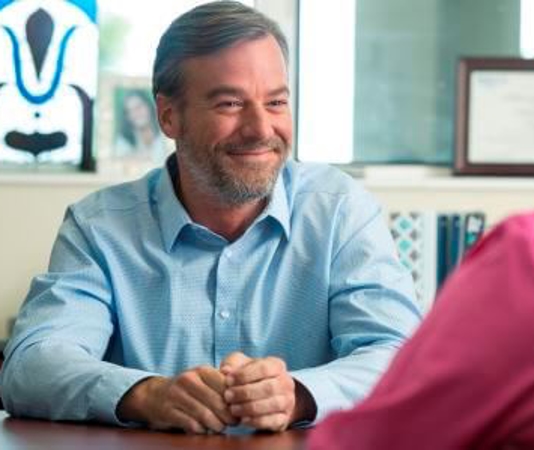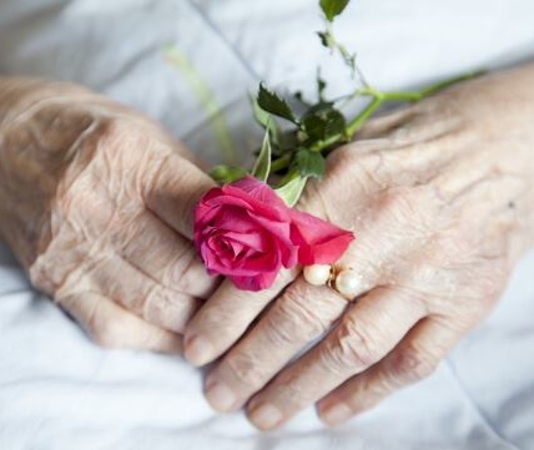By Lisa J. Shultz
For many people, caregiving begins after a crisis. Maybe a loved one fell or became ill or is suddenly alone, and requires assistance that no one has time to give. Here’s what I’ve learned: there will be surprises, but with some advance planning, you don’t have to have a full-blown crisis. I am an advocate of end of life preparation with documents and communication of wishes. My mom completed estate plan paperwork for both financial matters and physical care wishes, and it has made my life easier when she needed my help. She was clear that she did not want life prolonging measures to occur and that the family and her medical care team was to let nature take its course.
My mom entered into the care of hospice in the fall for 2017 for heart issues. In late June of 2019, I had a lovely visit on a Sunday afternoon and then returned the next day for another chat. I knew immediately that something was wrong when I entered her room. Her facial expression looked in distress. She told me that she was extremely tired and could not remember if she had had lunch.
I then asked her to tell me as much as she did remember. Since she lived in an assisted living facility, I could inquire if she had been in the dining room for lunch. She had gone to eat but had forgotten to take her lunchtime medications. Her balance was poor and she fell asleep in her chair as we were talking. I remained calm and called the hospice nurse to come see her changed condition. As I patiently waited for the nurse to arrive, I just let my mom sleep as needed while I sat next to her.
The nurse indicated that my mom might be having a stroke and that I had the right to ask for discharge from hospice and take her to the hospital. I immediately said no because my mom’s wishes were clearly conveyed to me as her medical advocate. I was to keep her comfortable and safe but no heroics and preferably no further hospitalizations. The knowledge that I was doing what my mom wanted created calm for me in the midst of crisis.
I also had prepared myself as best as I was able to accept my mom’s decline and wishes for a peaceful end of life. I had many conversations in the last two years about different scenarios that might occur. It was impossible for us to predict how things would eventually turn out, but we knew that she was reaching the end of the road of her life and we bravely faced it together with honest dialog.
Sadly, fear and avoidance of discussing the end of life is prevalent in our society. The California Healthcare Foundation states, “82% of people say it’s important to write down their end-of-life wishes, yet only 23% do so. And nearly 80% say they should talk to their doctor about end-of-life care–only 7% ever do.” When those meaningful talks do not happen, the possibility of a family member going into panic mode is much higher.
If families are separated by distance or estrangement, the moment there is a sharp decline or incident such as a fall, there is potential for chaos if things are managed by phone from afar or there is disagreement among family members on what to do next. Guilt and fear can overpower rational thinking.
It takes courage to contemplate and communicate one's end of life wishes. Expressing those wishes to loved ones is a gift that has the potential to provide peace of mind during difficult times for all involved. If the reduction of suffering is foremost in one’s mind, choices flow towards compassion and alleviation of discomfort. If the goal is gentle, peaceful passing at the end of life, certain procedures may be declined and treatment can be focused on palliative care.
I was lucky. First I was there to assist my mom directly and I kept a level head when her condition suddenly changed. My mom survived the incident. Then I was faced with ongoing management of different symptoms and an increased fall risk. Not only did I feel the need to keep her comfortable but I also had to rest and keep myself healthy so that I could continue to support my mom. It was time to call in family for visits and staff in the facility to step up their care. I adjusted to a new normal and kept my mom’s well-being foremost in my mind.
Instead of discussing and implementing medical interventions to prolong my mom’s life, we focused on my mom’s comfort, which allowed meaningful conversation when possible and loving presence when my mom slept. My mom is a terrific role model for what is being termed a “death positive” experience. Her ability to come to terms with her mortality and communicate her wishes clearly is admirable and inspiring.
It is an honor to care for my mom as she prepares to exit this world because she cared for me as I entered it. The circle of life has the potential to be precious at both ends. I am filled with gratitude when I view it that way.
Lisa J. Shultz, author of A Chance to Say Goodbye: Reflections on Losing a Parent





